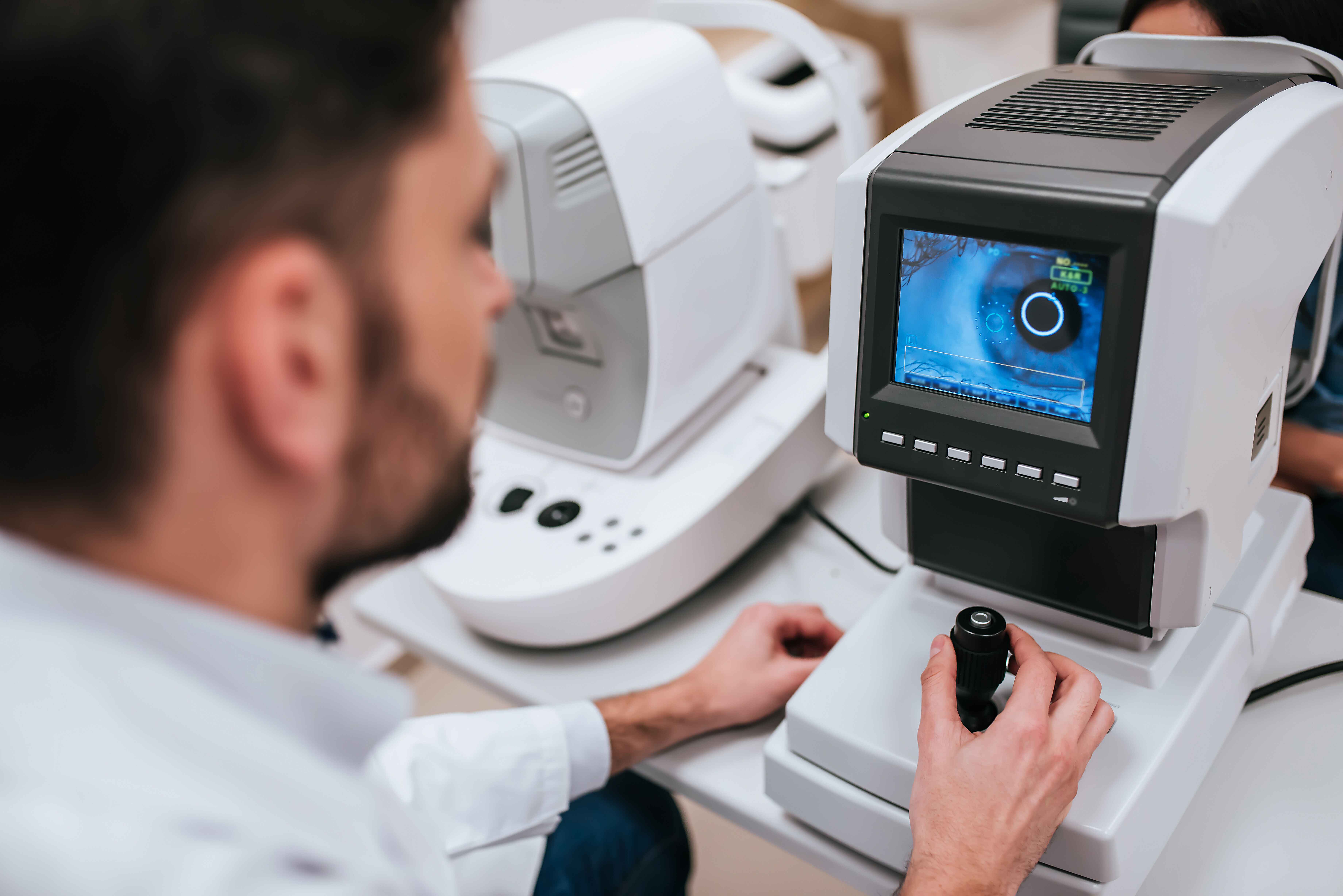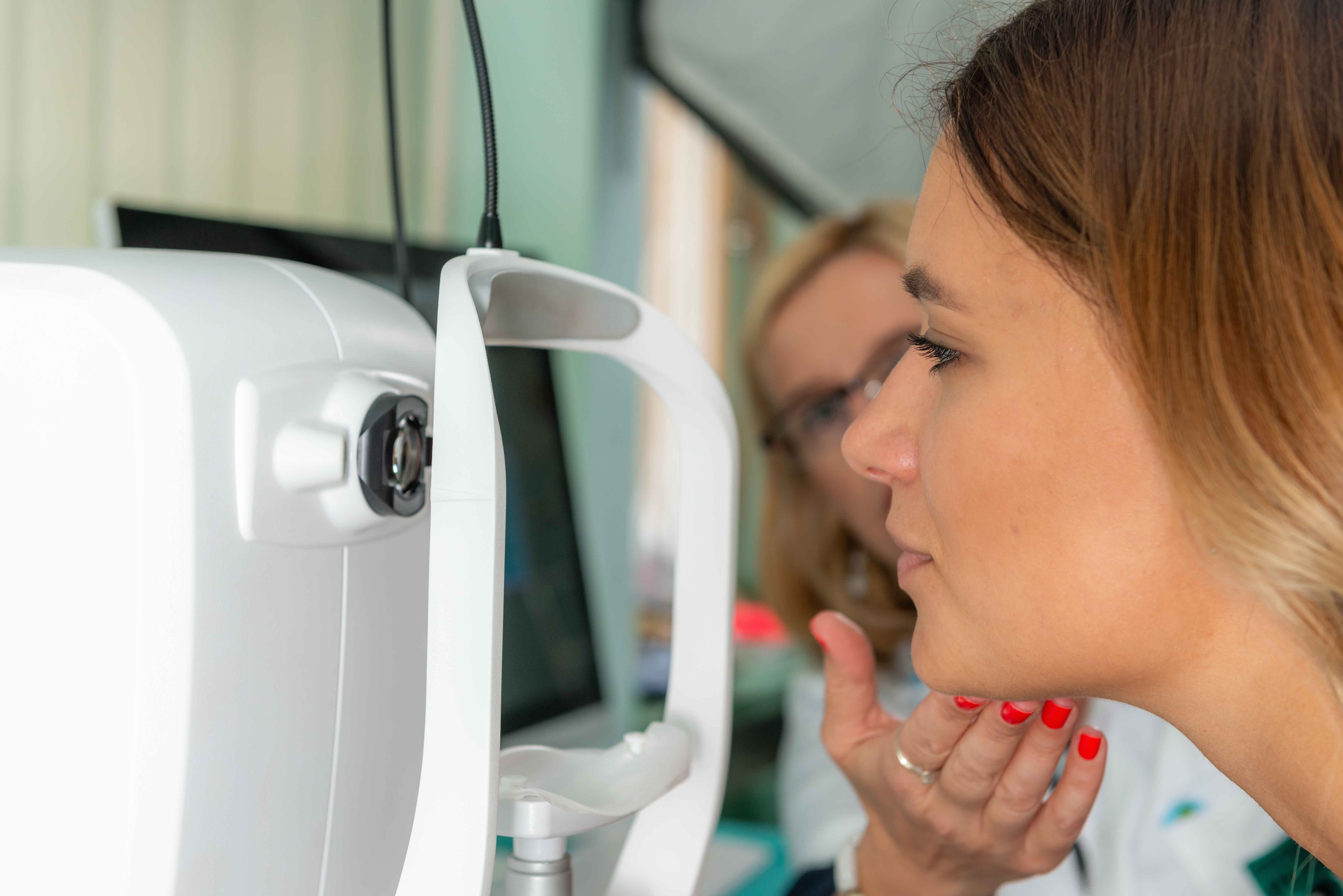Table of Contents
4 MIN. READ
It seems like everywhere you go lately, you hear about preventive care, whether it is in the doctor’s office, in books and magazines, or on television. Insurance companies focus on preventive services as a means of encouraging long-term wellness and lower costs. When you speak to your customers, you should emphasize that lifelong vision care is an important component of preventive care. Let your customers know that keeping an eye on their eyes can help detect issues that, left undiagnosed and untreated, can cost a lot more down the road, both financially and emotionally. Vision Care Direct of Oklahoma can help your customers afford this essential preventive care.
Vision care can reduce costs
According to KDD Health Solutions, preventive vision care can reduce healthcare costs by diagnosing conditions, such as hypertension or diabetes, early on, even before symptoms are detected. Patients can then seek proactive treatment that can head off costly complications of these conditions. KDD also noted that even when patients with diabetes and hypertension were hospitalized, those patients who had regular vision care had shorter hospital stays and lower hospital costs than those patients who did not have regular eye exams.
This difference is likely because these patients were aware of and being treated for their conditions before being hospitalized. So all things being equal, patients getting lifelong vision care as part of their preventive care had lower healthcare claims costs than those who did not. This is a dramatic example of how vision care can help to reduce healthcare costs. But who needs preventive vision care, and when?
Vision care is lifelong care
As a broker, you can help to educate your customers on the importance of vision care. One component you can emphasize in particular is the lifelong schedule of vision care. Most people don’t know that vision care should start even before there is a recognized issue – tell your clients this. Here is a quick overview of the optimal vision care timeline to help you.
Babies learn by seeing, and having poor vision can impact a child’s development. Infants should have their first eye examination at six months of age. The optometrist can test for near- and farsightedness, astigmatism, tracking and more, as well as check for physical issues such as pinkeye. Children should have another vision care visit between the ages of 3 and 5 and then annually thereafter.
Adults should also have regular eye exams to check for vision issues and conditions such as glaucoma, diabetes and hypertension. Emphasize to your clients that these exams should be at least every two years for low-risk adults but annually for higher-risk adults or those with identified vision problems. Elderly patients need annual exams to check for the above conditions as well, in addition to some that show up later in life, such as dry eye and macular degeneration. As you can see, vision care really is lifelong care and should be considered an important part of any package of preventive care.
Coverage for lifelong vision care
Although many people don’t think about vision care when they think of preventive care, Vision Care Direct of Oklahoma knows the importance of vision care as a preventive service. This is because Vision Care Direct is a pre-paid plan owned by doctors, not an insurance company. Our doctors know the importance of regular eye exams in not only detecting vision problems but also in detecting more systemic health conditions.
Vision Care Direct offers many different packages that cover lifelong vision care services. As a broker, you can educate your clients on the importance of regular vision care and help them find a package that will work for them, whether they are an employer of any size or a customer of any income level. You can feel confident letting your clients know that if a vision problem is identified at any age, Vision Care Direct’s plans also offer great savings on eyewear and contact lenses, with built-in options that patients most often want.
Preventive healthcare isn’t comprehensive unless vision care is part of the package. Have your clients look into a vision care package from Vision Care Direct today. We’re here for patients throughout their lives to prevent problems and make sure that they can always see the world around them. For more information about how regular eye exams can reduce health care costs, download the full white paper here.





















































